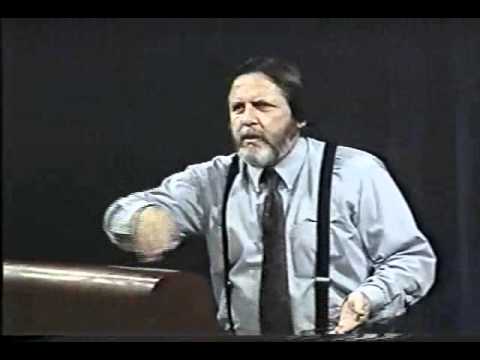Notes on Roderick on Baudrillard

Jean Baudrillard is "perhaps the most important theorist that can be characterized as postmodern."
In modernity, there is a self under siege.
In Baudrillard's view, social relations have disappeared because humans have begun to disappear. Reality itself is in the process of disappearing.
The postmodern is a blurring of the lines between humans and machines, between reality and image.
The real is "that which can be simulated, xeroxed, and copied." Examples: human bodies (holographed), books (xeroxed), sexual acts (simulated).
Children are more emotionally involved with technology than with their family.
Hyperreality is the simulation outrunning reality. It's more real than real.
A Clockwork Orange: "It's funny how blood isn't really blood until you viddy (see) it on the screen." Simulated blood is more real than real blood.
Ronald Reagan's popularity was popular. But what he stood for and his policies were unpopular.
Figuring out what's a simulation and what's real is a practical day-to-day issue. "Is this guy really an insurance salesman or is he here to rob me?"
Information overload causes vertigo. People are caught between an old world that is dying and a new one that cannot yet be born. It draws us to simple explanations that reduce complexity: charts, soundbites.
The struggle of the future may be to maintain the real against the hyperreal. The battle lines may be between anonymous forces unleashed by technology and people who still would like to have some genuine experience.
Baudrillard's "fatal strategies:" learn to live with complexity and a certain amount of vertigo, be wary of the overquick reduction of complexity.
Hopefully, wherever we find power, even the power of the hyperreal, we find counterpower.